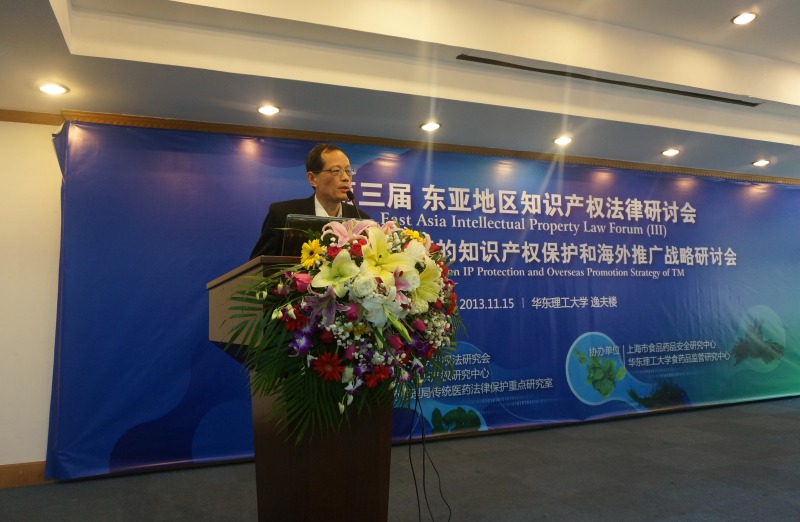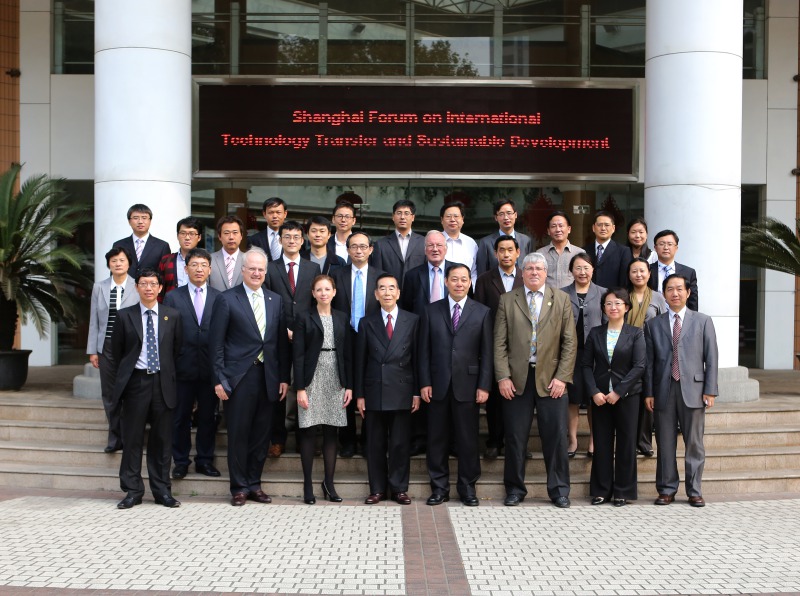National Cheng Kung University in Taiwan Firstly Broke the Gene Coding of Orchids

According to thenews of Taiwan United Daily, the orchidresearch team in Taiwan Cheng Kung University has successfully broke the wholegene sequence of orchids--- phalaenopsisequestris. As is known, it is the first orchid gene code in the world. In additionto understanding the evolution of orchid, it can also reduce the breeding timein the future, and promote the international competitiveness of TaiwanPhalaenopsis in the world. This research achievement was published on Nature Genetics and selected as thecover article.
Taiwan ChengKung University indicated that this research was equal to declaring that theauthority of orchid production was in Taiwan. Nowadays, there are more thanthirty thousand species of orchids in the world which has the largest number ofspecies in angiosperm, and the new species are still being found. The orchidresearch team in Taiwan Cheng Kung University has broken the whole genesequence of phalaenopsis equestris andtransferred to twenty-nine thousand genes in five years with scholars in othercountries and regions. While the Taiwanese team taking charge of the mostcomplicated part, they must analyze nearly twenty thousand gene sequences in1.6 billion and find the genes which control the shape, fragrance and color ofphalaenopsis equestris.
Cai Wenjie, thefirst author of the paper, said that there are many researchers trying to findthe gene sequence of plants, such as rice, apple and so on. But their teamlocked the orchid species and found the gene sequence finally. He said thatthey could select the excellent molecule with orchid gene decoding. Normally,if they want to do feature test and foster the flowers in the ideal form ofshape and color, they should wait until the orchid bloom. And it may taketwenty to thirty years in orchid breeding. However, with the gene sequence,they can select the desired gene in seedling stage and plant the ideal orchids.It could shorten more than half the time.
Date:2014.11.26
Source:
next:Gene Repair Technology Attracts Attention, Many Hereditary Diseases May Be Solved In Future


